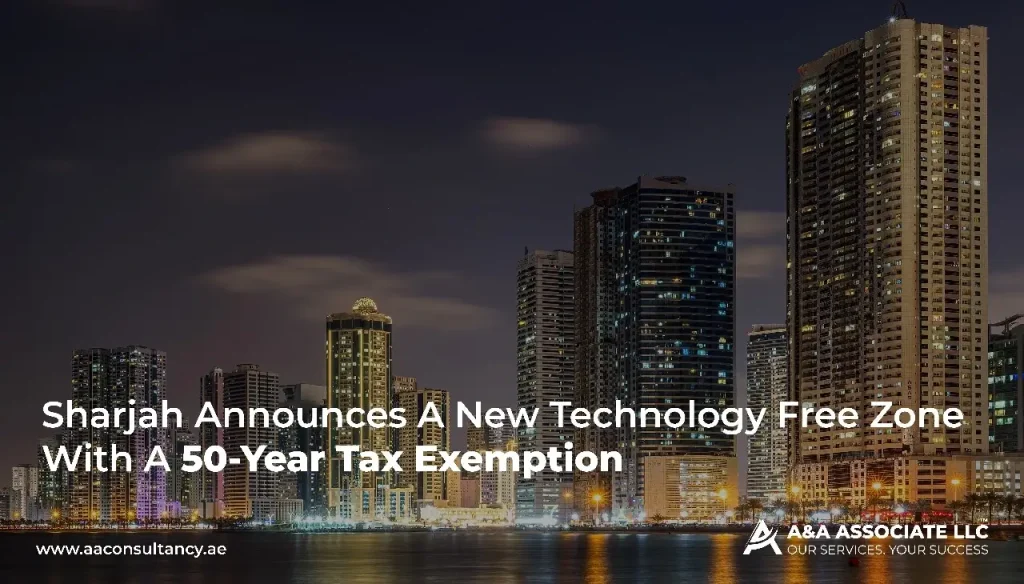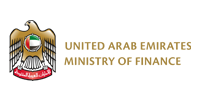The Ruler of Sharjah and honourable member of the Supreme Council, His Highness Dr. Sultan bin Mohammed Al-Qasimi declared the opening of the Sharjah Communication Technologies Free Zone (COMTECH) in Kalba City. This announcement was made official by an Emiri order and is considered a significant step towards establishing Sharjah as a major international centre for the technology and telecom industries.
Under the direction of the Sharjah Communication Technologies Authority (SCTA), COMTECH will function. The order states that a 50-year renewable exemption from taxes on business activity within the zone will be granted to all businesses, institutions, persons, and workers in the free zone. In addition, all local taxes and levies (apart from consumption tariffs) will not apply to the free zone.
It is a strategic decision after the establishment of SCTA earlier this month. The purpose of the authority is to elevate Sharjah’s standing as a leading location for the data centre industry, future technology, and communication technologies. Sharjah hopes to draw investments and top people from across the globe by providing generous tax concessions and fostering an atmosphere that encourages technological innovation.
The free zone possesses the capability and legal identity to wield power and achieve its objectives. It has economic and organizational freedom and reports to the Sharjah Communications Technologies Authority. Moreover, precise location, boundaries, and overall area are set by Sharjah’s Ruler.
The decree mandates that the English name for the zone be designated as: “Free Zone” for Sharjah Communication Technologies (Comtech). The decree further states that the free zone wants to achieve the following:
- Strengthen and support the position of the emirate in the communication technologies sector and its economic growth.
- Create an appropriate centre for collaborations, investments, and expertise in communication technology.
- Encourage and support the communication technology industry and improve the global reputation of the emirate.
- Establish an environment favourable for investing in future technologies, including technological transformation and artificial intelligence.
- Support artificial intelligence institutes, information centres, and technological companies.
- Foster and promote scientific talent domestically and hire foreign experts in communication technologies.
These rules support the region’s goals while allowing it to function efficiently within the purview of local and federal law.
The designated director will oversee the zone’s operations and affairs with authority. The director’s responsibilities and powers are as follows:
The director creates the zone’s comprehensive policies and submits them to the President and Council for approval.
Program and Project Oversight: The director will ensure that approved programs and projects are effectively carried out.
Development and Planning: This entails creating strategies for the zone’s employees and growth.
Drafting organizational, administrative, and financial regulations; keeping an eye on the work done in the zone; and making the required judgments and directives.
Budget and Contract Management: Overseeing the distribution of funds from the zone’s budget, carrying out partnerships, contracts, and agreements on the zone’s behalf after approval, and maintaining the zone’s financial resources.
Representation and Coordination: Representing the zone before government agencies and courts apart from liaison with other free zones, institutions, and federal authorities.
The director is also responsible for executing other duties assigned by the president. They are required to provide regular reports to the president about the zone operations. The decree includes provisioning for financial resources, budget, organizational structure, inspection authorities, legal immunity, fines, fees, exemptions, and measures on disclosures and enforcements.




















